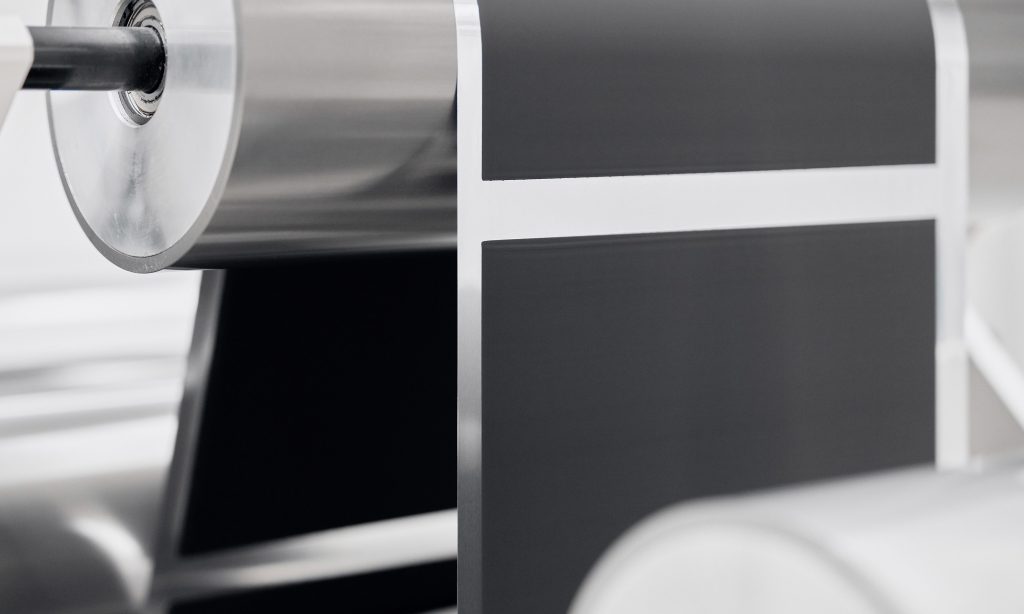Inflation hasn’t been kind to batteries. After more than a decade of remarkably consistent declines in the price of lithium-ion battery packs, last year the trend reversed itself.
The uptick was small but notable. New technologies tend to follow a similar path down the cost curve, and batteries weren’t thought to be an exception. But lags in material supplies and soaring demand tacked an extra $12 onto every kilowatt-hour of capacity, according to BloombergNEF.
Why every EV charging network combined can’t compete with Tesla
Just a couple years ago, experts surveyed by BloombergNEF were expecting total pack prices to plunge to $100 per kWh in 2024. Now that same survey says the industry won’t reach that milestone until 2026.
For the automotive industry, which has largely pinned its near-term decarbonization goals on declining lithium-ion battery prices, the uptick is sure to add pressure on their bottom lines. Automakers have invested hundreds of billions in new factories, expecting demand to match the significant bump in supply. Higher battery costs could threaten those investments.
That is why battery companies and automakers have been working overtime to bring costs down. GM and Stellantis have invested in mining companies, and Ford has signed a deal with battery recyclers to help secure stable supplies, all in an effort to rein in raw material expenses, which make up a significant fraction of overall pack costs.
Over 300 gigafactories will make tomorrow’s EVs. We mapped them all
Manufacturers have been nibbling at the margins, too, bringing down the cost of non–cell pack components to save a few dollars. But those costs represent only about 30% of the total and haven’t been enough to counter the effects of higher material and manufacturing costs for the cells.
That makes Volkswagen’s news last week significant. The German automaker announced that it, along with printing press manufacturer Koenig & Bauer, had been able to successfully dry-coat both the cathode and anode materials in a lithium-ion battery. With its $218 million acquisition of Maxwell Technologies, Tesla has been able to dry-coat the anode but not the cathode. Volkswagen’s process tweak could save the company hundreds of millions of euros annually, the company said.
To fathom why such an esoteric change could save so much money, it helps to understand how lithium-ion batteries are made today and where the costs fall.
Most lithium-ion batteries consist of a graphite anode (the positive terminal) and a lithium-based cathode (the negative terminal). Both parts usually start as powders that are mixed with solvents. For the anode, the solvent is deionized water, and for the cathode, it’s a mildly toxic and pricey organic compound known as NMP that requires specialized equipment to recover. The resulting paste is then coated onto a strip of metal foil.
Applying the cathode and anode as a wet paste has a number of advantages. The materials are homogeneously mixed, can be applied at a consistent thickness, and can adhere nicely to the metal foil (gaps are the enemy).
But the wet process means that the roll of cathodes and anodes need to be dried before they can move on to the next steps. Not only does that take time, but it’s also expensive and carbon-intensive. About a third to half of the energy required to make a lithium-ion cell is used in the drying process, and in most cases, that energy comes from burning natural gas.
Dry-coating promises to eliminate that step. In Volkswagen’s setup, cylinders known as “calenders” apply the dry cathode and anode materials directly onto the metal foil. It’s similar in principle to a printing press (hence Koenig & Bauer’s involvement).
The challenge, of course, is ensuring the cathode and anode powders are homogeneously mixed before they’re applied, and then when they are applied, making sure they’re uniformly thick and properly stuck to the foil. Volkswagen claims to have solved all of these problems.
Eliminating the drying step will reduce energy use by 30% and trim gigafactory footprints by 15%, Volkswagen estimates. The automaker said it will implement the new process on a production line in 2026 or 2027.
Since manufacturing represents around 25% of cell costs, the new process could trim overall battery costs by several percentage points. Given the automotive world’s thin margins, that’s not an insignificant amount.
Volkswagen will undoubtedly keep this breakthrough for itself, though there are several startups that have their own approaches to dry-coating, such as AM Batteries and LiCAP Technologies. Whether their techniques work at production scale remains to be seen, but Volkswagen’s announcement could spur competitors to rush to secure their own dry-coating technologies.






























Comment